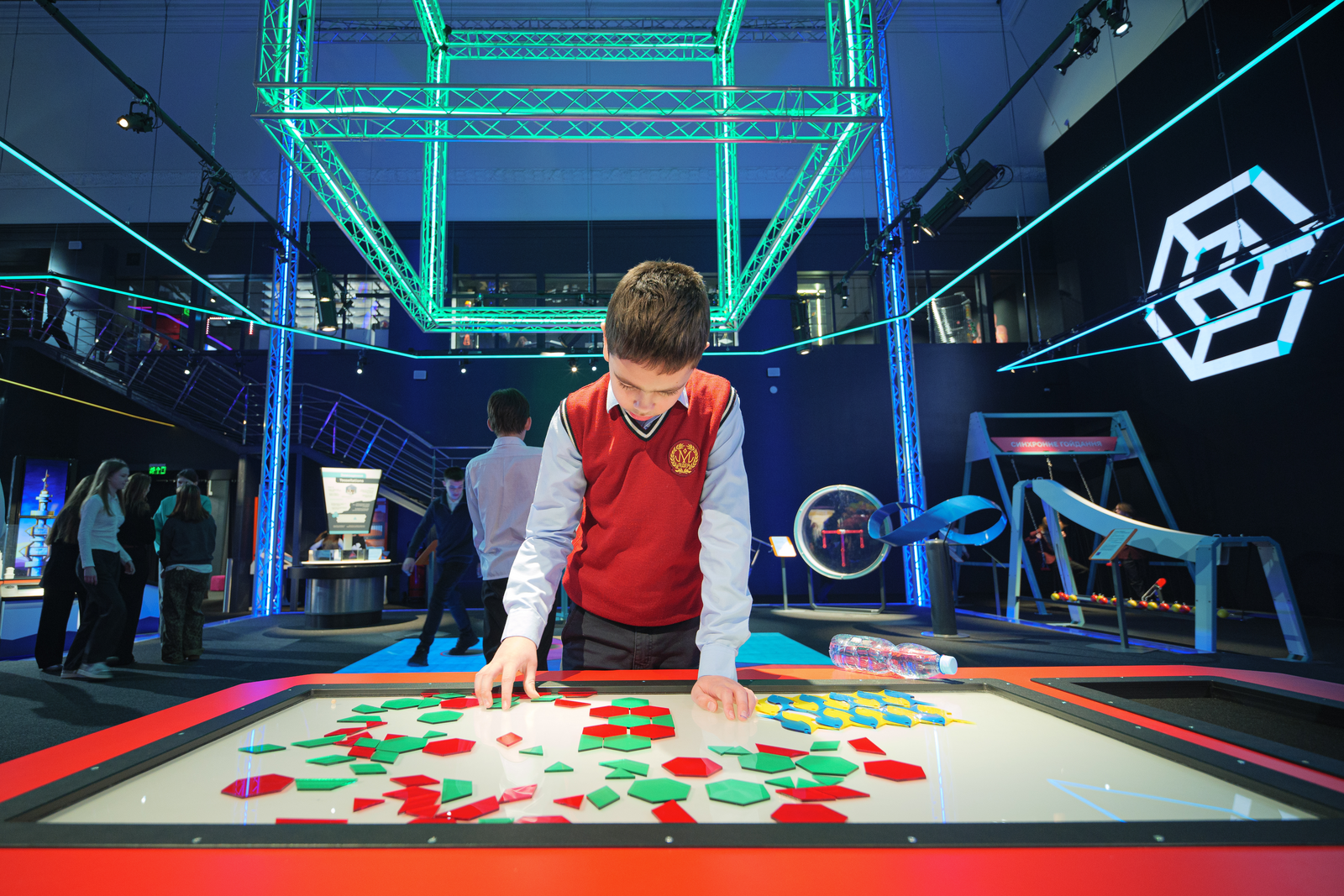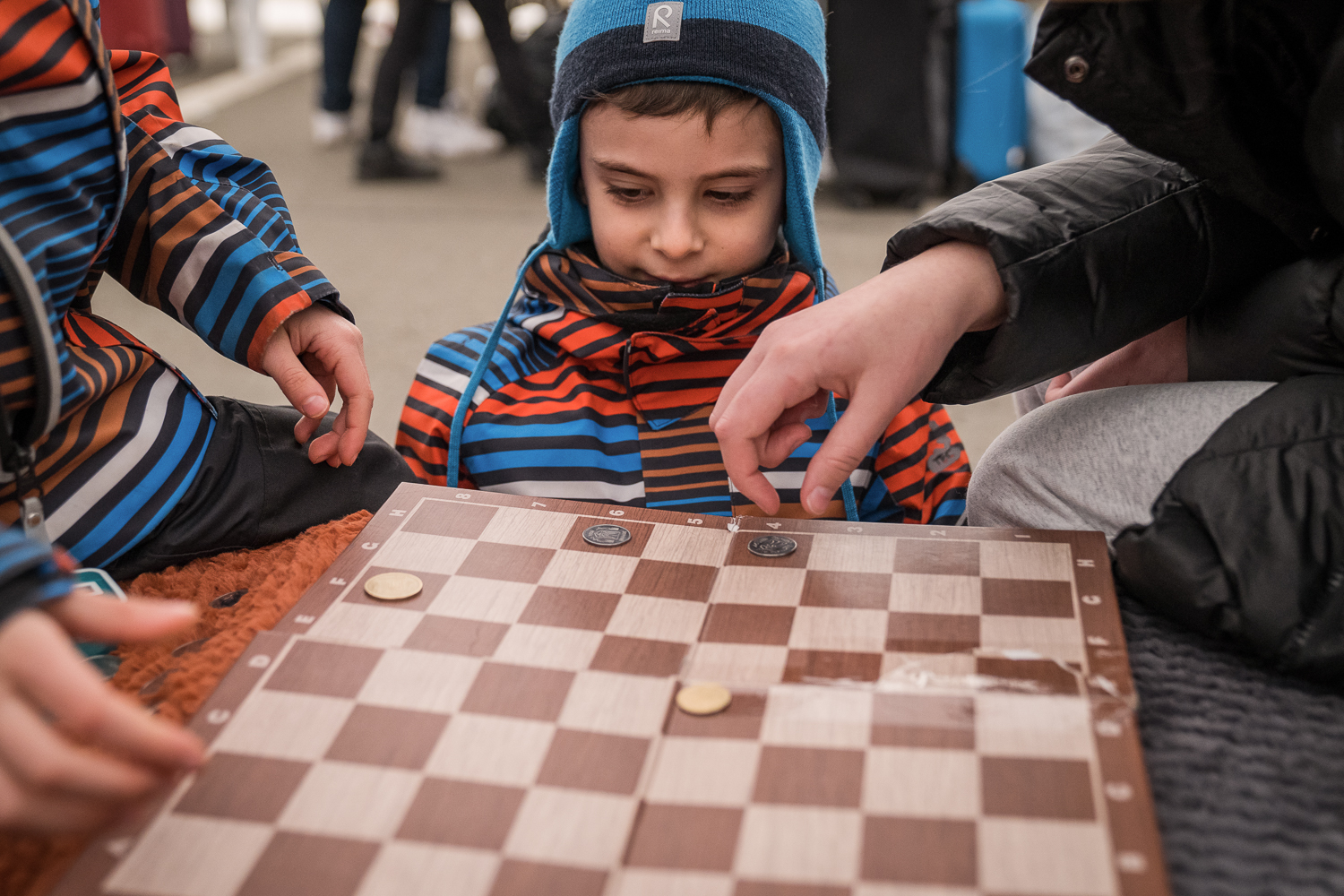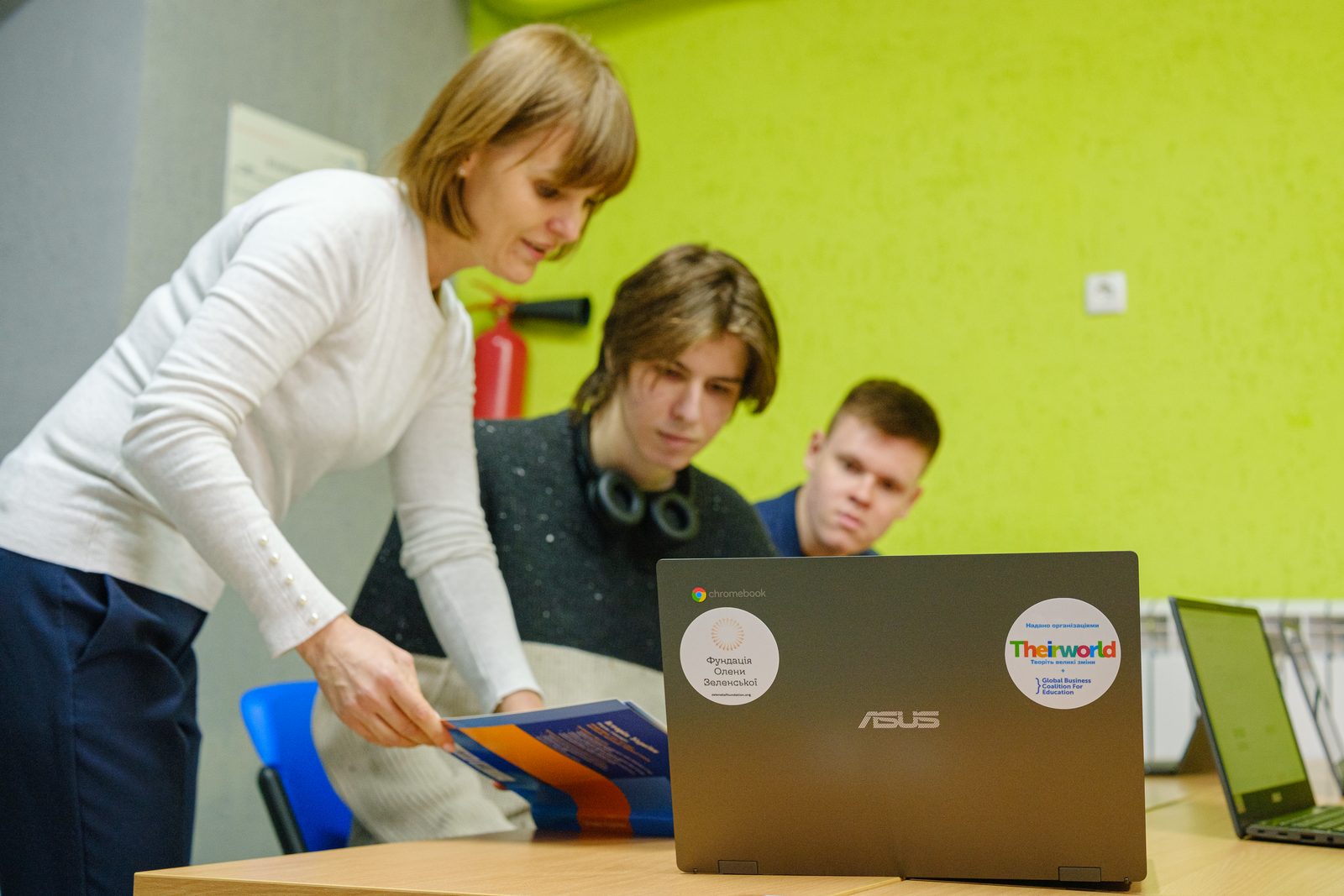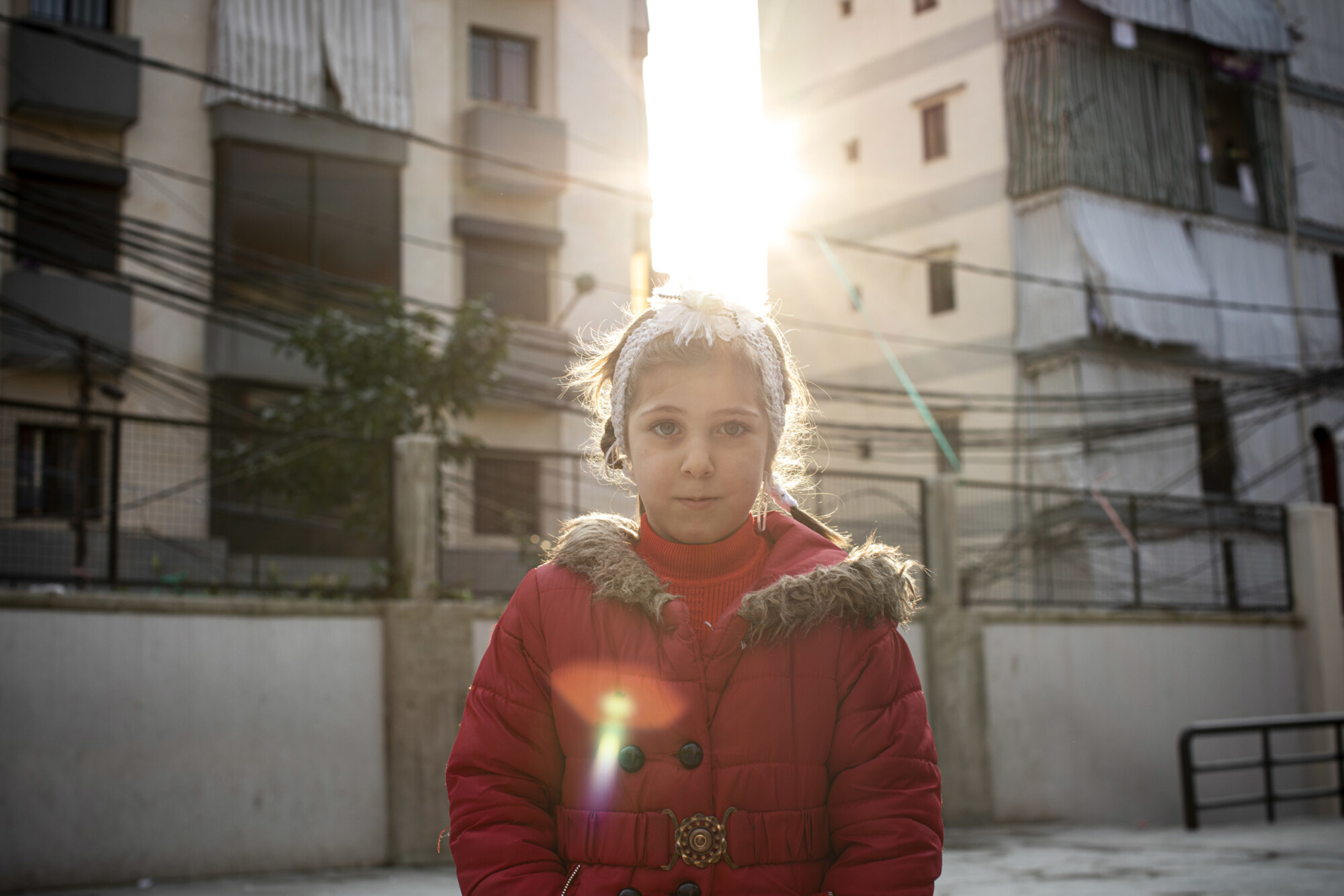
We thought loud noises were a storm – it was Russia bombing Ukraine

Children in conflicts, Education in emergencies, Global Youth Ambassadors
Aurica Rață, a Theirworld Global Youth Ambassador from Moldova, tells of her shock at the invasion of neighbouring Ukraine and the urgent need to get refugee children into school.
When Russia started bombing Ukraine on February 24 at 4am, people all over Moldova started reporting unusually loud noises coming from the eastern side of the country.
My parents heard them too, thinking that a storm was coming. I opened Facebook and in just a few minutes my world turned upside down.
I couldn’t believe what was happening and that we just had to get on with our day as if nothing had happened. It was clear something big was happening very close to us and it felt wrong to just ignore it.
I opened Facebook, and in just a few minutes my world turned upside down.
Click to tweet
Moldova faces a security threat on its eastern border, with Russian separatists controlling the region of Transnistria. The disputed territory has its own government and currency, and had a civil war with Moldova in 1992 but it isn’t recognised internationally.
Russia has repeatedly ignored calls to remove around 1,500 of its troops stationed there. The area also has what is thought to be one of the biggest ammunition depots in eastern Europe.
There are big disagreements between Moldova and Transnistria. Moldova has declared numerous times that it wants economic integration with Europe. By contrast, Transnistria is seeking alignment with Russia.
Analysing the media coverage in Transnistria of the conflict in Ukraine, I found lots of manipulation at play. This included journalists replacing the word “war” with “the situation in Ukraine” or “events in Ukraine,”. Moreover, reporters tended to take the side of Russia or only quoted pro-Russian experts.
That’s why it’s so important to understand these manipulative techniques and recognise the role of civil society in fighting fake news and propaganda. Only educated people have the ability to challenge this wave of disinformation.
I believe strongly that when we talk about humanitarian aid, we should include the education of refugee children alongside the provision of water, food, clothing and shelter.
Education is a basic human right, enshrined in the 1989 Convention on the Rights of the Child. As stated by UNHCR, education “protects refugee children and youth from forced recruitment into armed groups, child labour, sexual exploitation and child marriage. Education also strengthens community resilience.”
I believe strongly that when we talk about humanitarian aid, we should include the education of refugee children alongside the provision of water, food, clothing and shelter.
Click to tweet
According to official data, 136,727 foreign minors have entered the Republic of Moldova through the border crossing with Ukraine.
Many communicate with their teachers and classmates online and this helps them to cope with the anxiety and stress caused by leaving their friends, houses, and country.
There are also children who have travelled unaccompanied. We must try to ensure that they are properly placed and receive mental health support.
Besides helping the refugees with food and clothing, volunteers are also trying to entertain children and help them cope with the traumatic experience of being forced to flee their homes. They play with the kids and donate toys.
The social inclusion enterprise EduJoc produces wooden educational toys and has already offered hundreds of toys to refugee children. They take no profit from the money they receive, spending 100% on the production of toys and donating them to children.
I’ve spoken to parents who say they had no choice but to leave Ukraine. Many told me that they never thought that one day they would have to leave behind everything they had worked so hard to build: homes, jobs, businesses.
All they want right now is for this war to end and to go back to their husbands, brothers and friends. Mothers are scared for their children’s future, mental health and wellbeing.
The only thing that helps parents cope with their fear is for their children to continue with their education.
There is an urgent need for refugee children to have access to the education they deserve, so they can build the better futures they want. We need to find strategies to help ease the burden on Moldova.
It is paramount to include all children and youth in accredited primary and secondary education as soon as possible after displacement. We need to minimise the time refugee children spend out of education.
The only thing that helps parents cope with their fear is for their children to continue with their education.
Click to tweet
Theirworld recommends that every refugee child should be back in education within 30 days of being displaced. To do this, we need to determine the protection needs of the most vulnerable families so they don’t have to sacrifice their children’s education because of costs and other barriers.
Ukrainian teachers should be fast-tracked through the registration process to allow them to teach in Moldovan classrooms. This move will ensure that schools are ready to meet the needs of the influx of Ukrainian families.
Education in national systems contributes to resilience, prepares children and youth for participation in cohesive societies, and is the best option for refugees and their hosting communities.
Aurica Rață is a Global Youth Ambassador at Theirworld. She advocates for education, especially in countries affected by conflicts. She believes that now, more than ever, we need to make our voices heard and bring education to every child. This must be done in classrooms and not just on paper.
More news


